
The Progressive Citizens' Party in Liechtenstein is a conservative political party in Liechtenstein. The FBP is one of the two major political parties in Liechtenstein, along with the liberal-conservative Patriotic Union. Founded in 1918 along with the now-defunct Christian-Social People's Party, it is the oldest extant party in Liechtenstein.
Same-sex marriage has been legal in Germany since 1 October 2017. A bill for the legalisation of same-sex marriage passed the Bundestag on 30 June 2017 and the Bundesrat on 7 July. It was signed into law on 20 July by President Frank-Walter Steinmeier and published in the Federal Law Gazette on 28 July 2017. Previously, the governing CDU/CSU had refused to legislate on the issue of same-sex marriage. In June 2017, Chancellor Angela Merkel unexpectedly said she hoped the matter would be put to a conscience vote. Consequently, other party leaders organised for a vote to be held in the last week of June during the final legislative session before summer recess. The Bundestag passed the legislation on 30 June by 393 votes to 226, and it went into force on 1 October. Germany was the first country in Central Europe, the fourteenth in Europe, and the 22nd in the world to allow same-sex couples to marry nationwide.

Lesbian, gay, bisexual, and transgender (LGBT) people in Liechtenstein have several but not all of the same rights as non-LGBT people. Same-sex sexual activity has been legal since 1989, with an equal age of consent since 2001. Same-sex couples have had access to registered partnerships since 2011, and discrimination on the basis of sexual orientation has been outlawed in some areas since 2016.
Alfred J. Hilbe was a political figure from Liechtenstein who served as Prime Minister of Liechtenstein from 1970 to 1974.
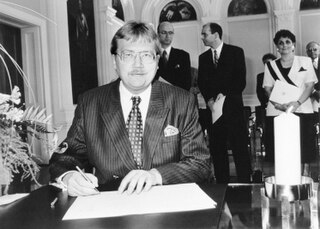
Markus Büchel was an advocate and politician from Liechtenstein who served as the Prime Minister of Liechtenstein in 1993.
Liechtensteiner Vaterland is the largest daily newspaper in Liechtenstein. Published by Vaduzer Medienhaus AG, it is the official newspaper of the Patriotic Union party.
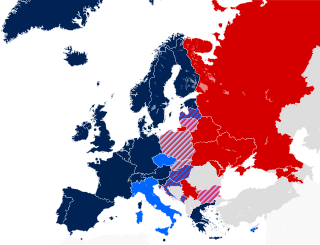
Debate has occurred throughout Europe over proposals to legalise same-sex marriage as well as same-sex civil unions. Currently 33 of the 50 countries and the 8 dependent territories in Europe recognise some type of same-sex union, among them most members of the European Union (24/27). Nearly 43% of the European population lives in jurisdictions where same-sex marriage is legal.
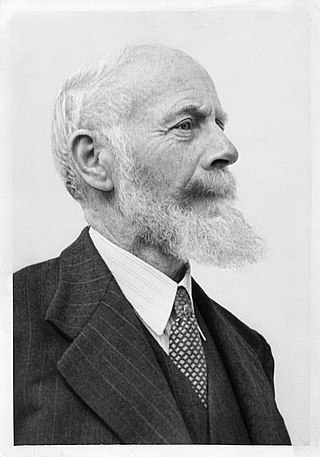
Josef Ospelt was a political figure from Liechtenstein who served as the first Prime Minister of Liechtenstein from 1921 to 1922.

Three referendums were held in Liechtenstein during 2011. The first on approving the registered partnership law was held between 17 and 19 June, and was approved by 68.8% of voters. The law went into effect on 1 September. The second was held on 18 September on allowing abortion within the first twelve weeks of pregnancy. Prince Alois had threatened to veto the result of the referendum should it have turned out in favour, but ultimately it was rejected by voters. The third was on building a new national hospital in Vaduz was held on 30 October, and was also rejected.
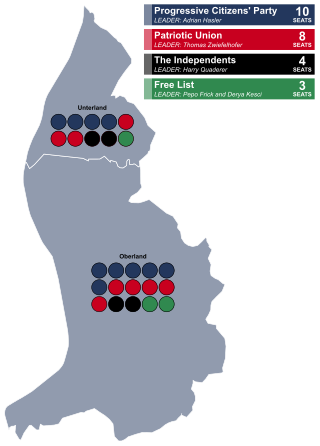
General elections were held in Liechtenstein on 3 February 2013, using a proportional representation system. Four parties contested the elections; the centre-right Patriotic Union (VU) and Progressive Citizens' Party (FBP), centre-left Free List (FL) and newly created populist alliance The Independents (DU).

Adoption by LGBT people in Europe differs in legal recognition from country to country. Full joint adoption or step-child adoption or both is legal in 22 of the 56 European countries, and in all dependent territories.

Dominique Hasler is a Liechtensteiner politician, teacher and educator. She currently serves as Minister of Foreign Affairs, Education and Sport for the Patriotic Union. She was appointed in March 2021 by Prime Minister Daniel Risch in March 2021, succeeding Katrin Eggenberger.

Daniel Risch is a politician from Liechtenstein who has served as the Prime Minister of Liechtenstein since 2021. He was previously Deputy Prime Minister 2017 to 2021, under the government of Adrian Hasler.
Two referendums were held in Liechtenstein during 2022. The first was held on 26 June 2022, in which voters decided on an exemption for pensioners from paying the annual deductible of the national health insurance. The second was held on 18 September on COVID-19 legislation.
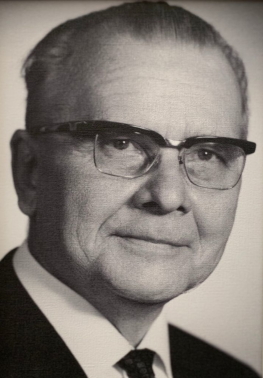
Otto Schaedler was a physician and political figure from Liechtenstein who served in the Landtag of Liechtenstein and was one of the founders of the Patriotic Union party.

Peter Marxer was an advocate and political figure from Liechtenstein who served as the president of the Progressive Citizens' Party from 1970 to 1982. He also oversaw the law firm Marxer & Partner Rechtsanwälte from 1962 until his death.
Josef Büchel was a teacher and civil servant from Liechtenstein who served as the Deputy Prime Minister of Liechtenstein from 1957 to 1965.

General elections are scheduled to be held in Liechtenstein on 9 February 2025 to elect the 25 members of the Landtag. They will be the 49th general elections since the ratification of the 1862 constitution.

Four referendums were held in Liechtenstein in 2024. On 21 January 2024 voters were asked three questions: On introducing an obligation to install photovoltaic panels on non-residential buildings, on the reform of the energy standards in the building sector aimed at emulating those applied in Switzerland since 2014 and in the EU since 2010, as well as on stopping the automatic sending of electronic health records to health insurance beneficiaries. All three proposals were rejected by voters.














